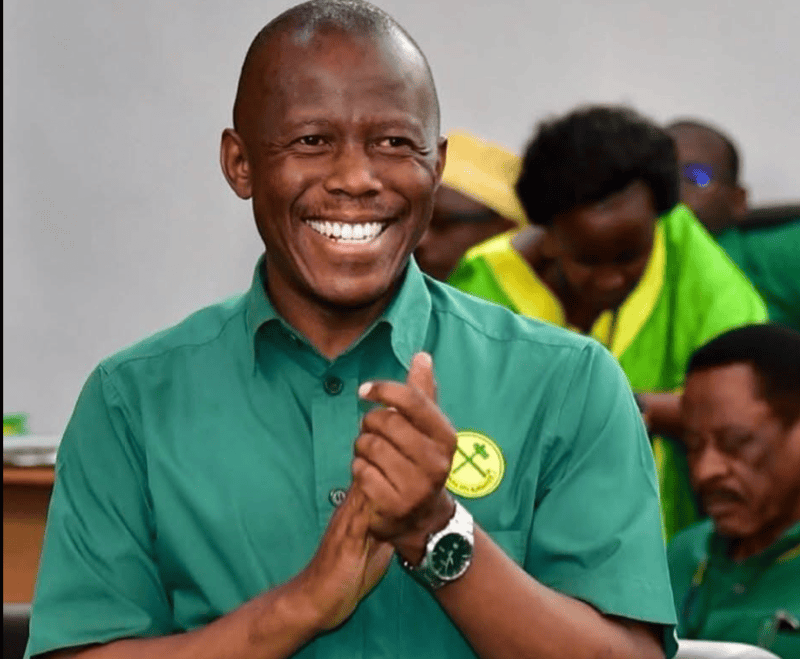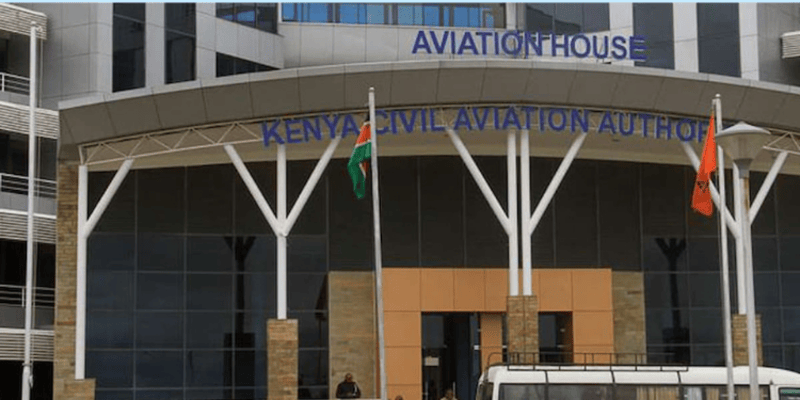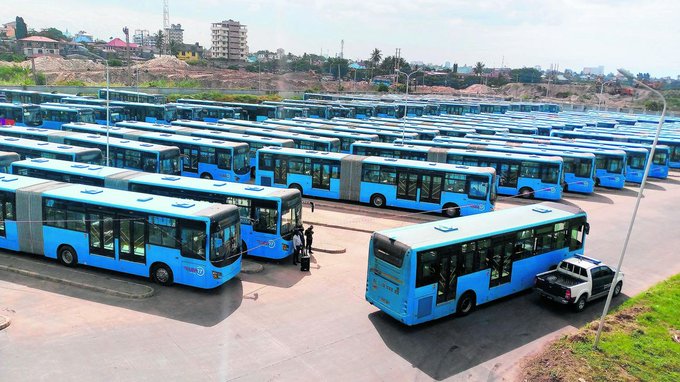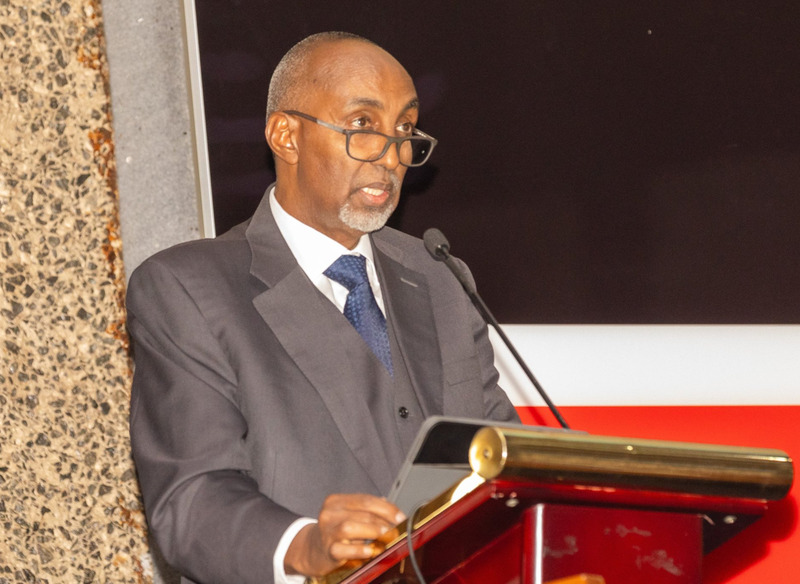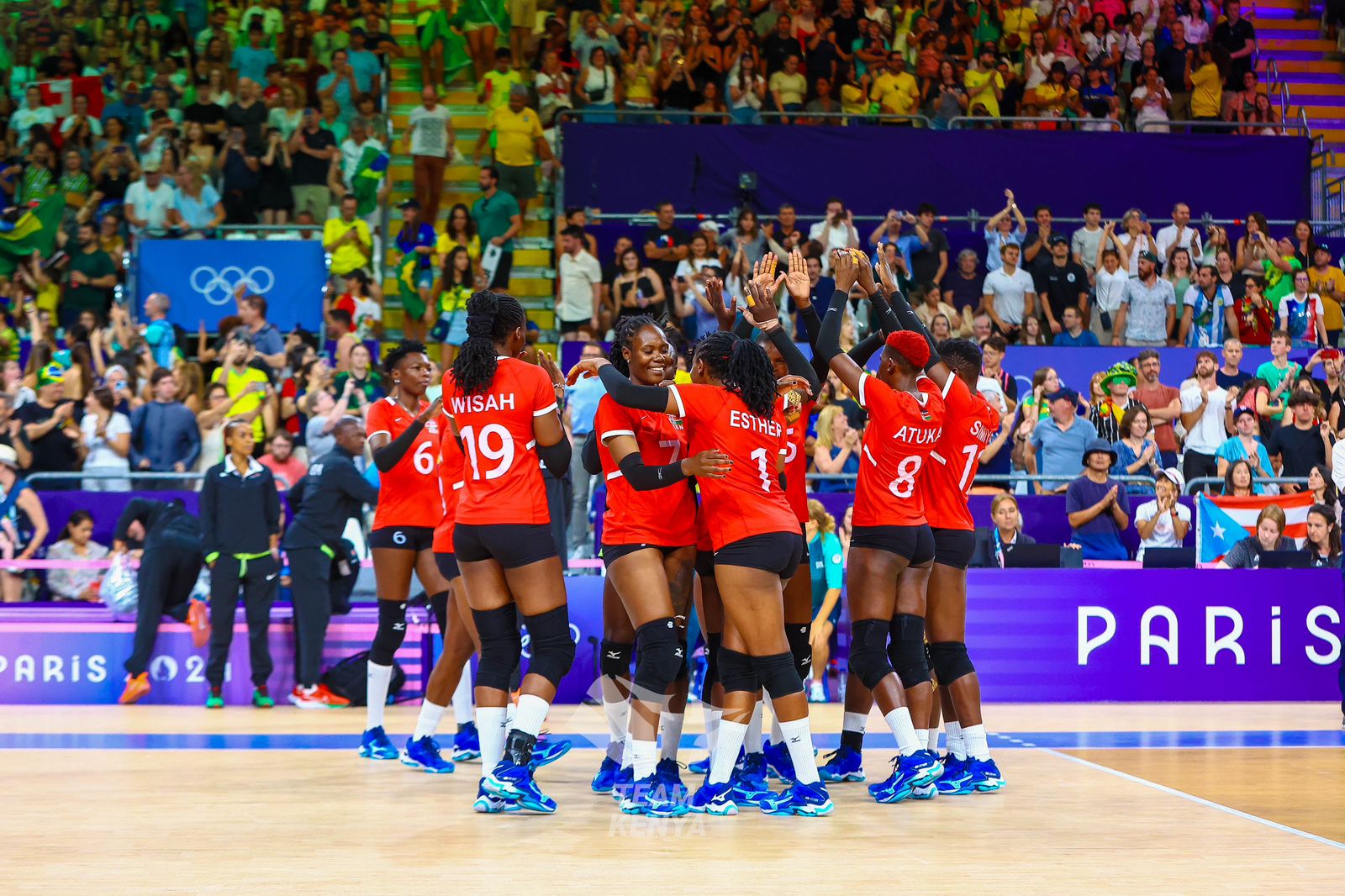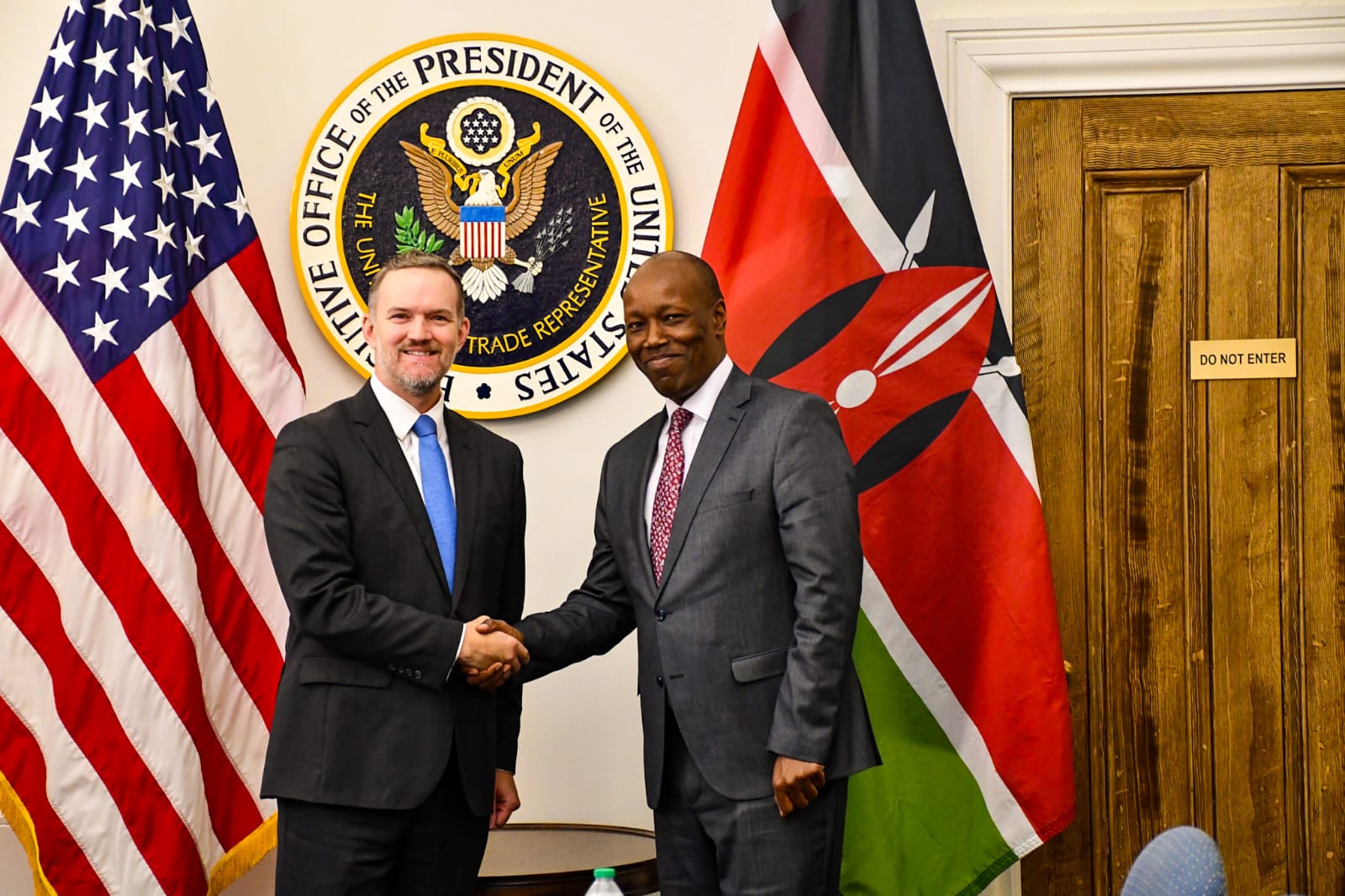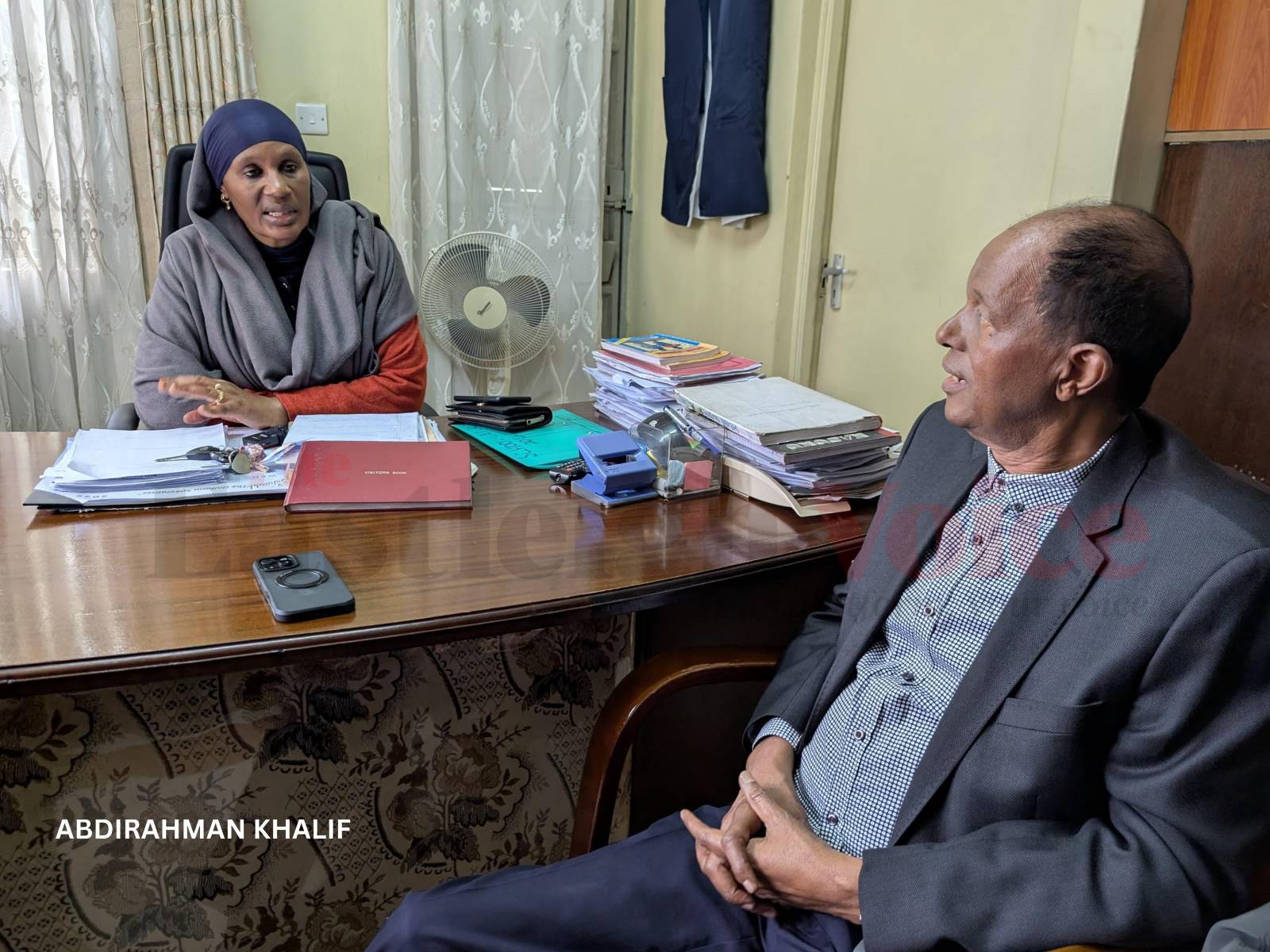Teachers' union sounds alarm over budget cuts for national exams
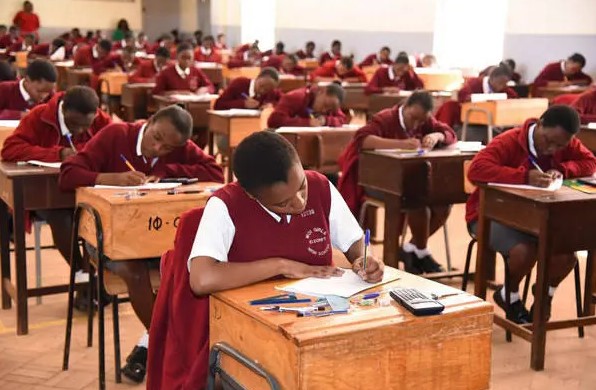
The union's National Chairperson Omboka Milemba noted that KNEC will either not administer the exams or will impose additional costs on parents.
The Kenya Union of Post-Primary Education Teachers (KUPPET) has expressed serious concerns regarding budget cuts for national examinations, triggered by the withdrawal of the Finance Bill 2024.
The union have said the cuts will cause a crisis in the administration of national examinations managed by the Kenya National Examinations Council (KNEC).
More To Read
- Teacher shortages worsen as KUPPET calls for fast-tracked promotions, recruitment
- Unions push for stand-alone junior schools, teachers cite stalled career growth
- Teachers to apply for transfers online under new TSC system that aims to boost accountability
- TSC announces over 45,000 teaching and internship vacancies
- KUPPET condemns TSC for ignoring decade-long teacher promotion backlog
- KUPPET threatens strike over government plan to scrap Minet teachers' medical scheme
KUPPET Deputy Secretary-General Moses Nthurima revealed that the council currently has zero budget to administer the exams which are supposed to kick off in October this year.
"Three months to the examination, KNEC has no budget. So I don't know whether the government wants to privatise the administration and marking of exams or they want to administer it online. We are not sure what they will do because right now, the examination council has no budget," Nthurima said.
The union's National Chairperson Omboka Milemba noted that KNEC will either not administer the exams or will impose additional costs on parents.
"This means that KNEC has two alternatives; one, either not to administer exams because they don't have the budget to do so. And it is our business to flag that. And two, to surcharge the parents like the way they used to do before," he added.
Milemba emphasised that the union will not allow the double burden of education and examination fees to fall on parents. Despite ongoing austerity measures, he reiterated that safeguarding education funding is crucial.
"The position of the union is that we cannot take a step back to the gains that we obtained over the years, where education is not only paid for but exams are also paid for. It is very important that as we carry out the austerity measures, we must make sure that education is safeguarded," he said.
Budget strains
KNEC has been receiving a flat rate of Sh5 billion for exams every financial year, yet the number of candidates has been on a steady rise, straining their budget.
Last month, President William Ruto rejected the Finance Bill, 2024, due to public outcry over high taxation amidst tough economic conditions. The Bill aimed to generate an additional Sh344.3 billion in revenue.
KNEC had been allocated Sh5 billion as an exam waiver fee in the rejected Finance Bill. However, the rejection has led to significant funding gaps, necessitating budget revisions.
In a circular dated July 5, Treasury Cabinet Secretary Njuguna Ndung’u highlighted at least 24 areas that will be affected by budget cuts, which included a 100 per cent cut for examination and invigilation fees.
“This created a financing gap of a similar amount and implies that funding of expenditures to the tune of Sh344.3 billion is not tenable. In line with Article 223 of the Constitution and Section 44 of the PFMA, Cap 412A, the financing gap will necessitate revision of the budget estimates for the FY 2024/25. The changes will be regularised in the context of the FY 2024/25 Supplementary Estimates No. 1,” read the circular.
Other affected areas included the Higher Education Loans Board (HELB), the school feeding programme, and university infrastructure projects.
HELB's budget was cut by Sh3.2 billion, reducing it to Sh35.9 billion. The school feeding program saw a reduction of Sh1.8 billion from its initial Sh3.0 billion allocation.
Primary and secondary school infrastructure funding was halved, losing Sh1.6 billion from an original Sh3.2 billion. TVET institutions and TTIs faced a Sh800 million reduction from their Sh2.3 billion budget.
Additionally, Sh2.1 billion was cut from the Differentiated Unit Cost model in universities, Sh3.0 billion from university infrastructure projects, and Sh1.8 billion from sports academies.
President Ruto defended the cuts as necessary to ensure fiscal discipline and align spending with national financial capabilities.
Top Stories Today

